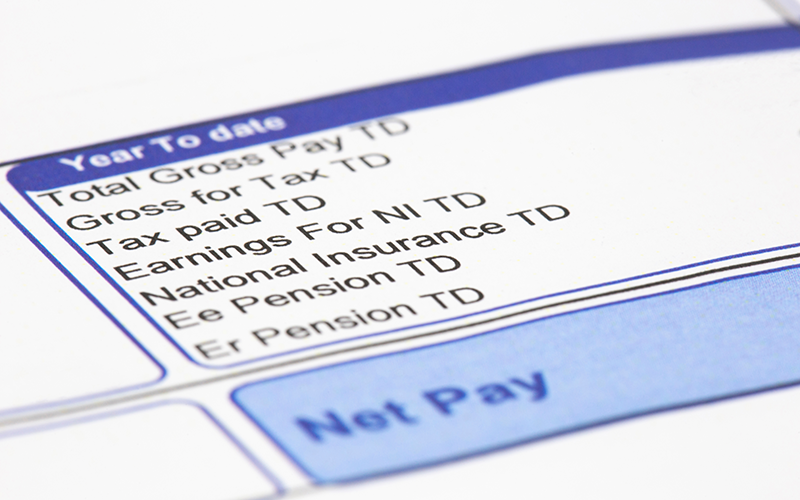Councils, trade unions and the government have today struck a deal over changes to the Local Government Pension Scheme, confirming that employees will not face a blanket increase in contributions.

Image | rigsbyphoto / shutterstock
The LGPS changes are part of the government’s attempts to cut the costs of public sector pensions.
But whereas schemes for teachers, health service workers and civil servants are unfunded, local government pension funds in England and Wales control assets totalling £145bn. This has meant they have been able to stop council staff having to pay the average contribution increase of 3.2% of salary being implemented across other parts of the public sector over three years. Council employees currently contribute an average of 6.5% of pay to the scheme, with higher earners paying proportionately more, up to 7.5%.
This average will remain unchanged, but a new schedule of contributions means the lowest paid could contribute less, while the highest paid would pay more, before tax relief.
Among other reforms confirmed is the move from a defined benefit based on final salary to one tied to career average earnings. The accrual rate will be 1/49th, changed from the current rate of 1/60th, and members’ pension age will be linked to the state pension age.
Workers’ accrued pension benefits are protected in the new regime. These include ‘Rule of 85’ rights, where members can retire early if the sum of their age and length of service equals or exceeds 85 years.
Outsourced council staff will also be able to stay in the local government scheme on first and subsequent transfers as part of the new arrangements. Currently, this is a choice for the new employer.
Announcing the agreement today, Local Government Association chair Sir Merrick Cockell said: ‘The LGA’s objective in this process has been to ensure that the LGPS continues to be sustainable into the future by developing a set of proposals that are affordable for employers and council taxpayers while being fair to members.
‘Our aim in reaching agreement on these proposals was to give employers the future cost stability they need. In my view employers can be confident that these proposals coupled with forthcoming cost control mechanisms meet that aim.’
Heather Wakefield, national secretary of Unison’s local government, police and justice section, said that the negotiations had been ‘long and tough’ since the government outlined its plans last year.
She added: ‘The process has shown that Unison, the LGA and the other local government unions can work productively together in the best interests of LGPS members and potential members.
‘LGPS 2014 is a sustainable, defined benefit scheme, which is designed to protect existing members and be affordable for the low-paid and part-time workers who are its majority. Under exacting circumstances, we have achieved the best possible outcome.’
Brian Strutton, GMB national secretary for public services, said his members would be ‘relieved that at long last the uncertainty is over’.
He added: ‘Jointly negotiated by employers and unions and ratified by government, I believe the proposals strike a fair balance between all the conflicting interests we have had to take into account.’
Unite had left the talks in December last year amid confusion over the government’s proposal, but national local government officer Peter Allenson said they re-entered negotiations to ensure the best outcome for members.
He said: ‘This has been a real negotiation between the trade unions and employers and it is right that our members should now vote on whether to accept or reject the proposals.
Local government minister Bob Neill said: ‘We welcome the proposed reforms by the LGA and trade unions – they are a key step towards having a Local Government Pension Scheme that is affordable, sustainable and fair to taxpayers and employees alike in place by April 2014. Following the outcome of their consultations the government stands ready to bring forward draft regulations on this basis.’





















